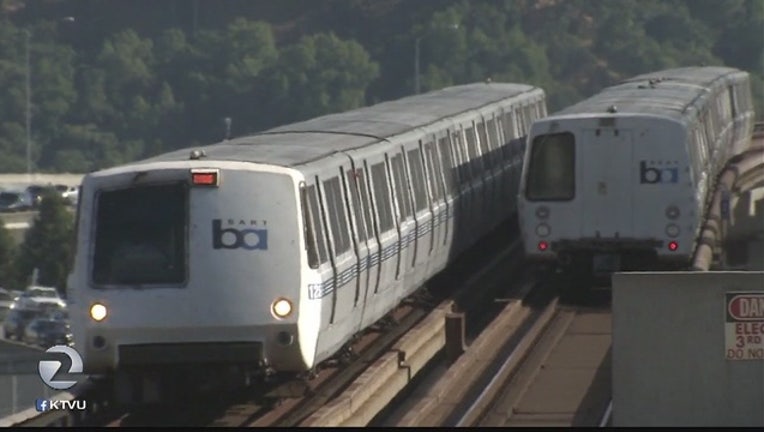Newly designed BART train wheels to reduce noise for riders

OAKLAND, Calif. (BCN) - Newly designed BART train wheels, which will be installed on both new and existing trains, are expected to cut the noise heard by riders by as much as 50 percent, BART officials said today.
The new wheels have a tapered surface and are as safe as or safer than the existing cylindrical wheels.
BART crews are already using the new wheels on a test track and operators are offering glowing reviews, according to BART officials.
"According to the train operators, the ride quality, compared to our existing cars, is like night and day," chief vehicle engineer Henry Kolesar said in a statement.
The most common noise riders hear when they ride BART is the sound of the wheels rolling on the rails. When the wheels vibrate as they're rolling, ruts form in the rails and riders hear even more noise, BART officials said.
The train wheels squeal as trains go around sharp curves and inside a tunnel the combination of noises is magnified.
BART officials said they've had varied success over the years trying to reduce train noise. This latest success came when BART officials signed a contract with the firm Bombardier for its Fleet of the Future cars with some added requirements for noise.
An expert engineer designed the wheels, which then went through two years of testing. A third party checked the results. A second set of experts verified the results and BART engineers did more checking.
The data showed that the tapered wheels were quieter and at least as safe or safer than the current wheel design. They also will reduce wear and tear on the rails, meaning the tracks will require less maintenance and save BART money, according to the agency.
As the wheels on existing cars come in for service, BART crews will replace them. Replacing the wheels on all of the agency's trains will take 12 to 36 months, BART officials said.

